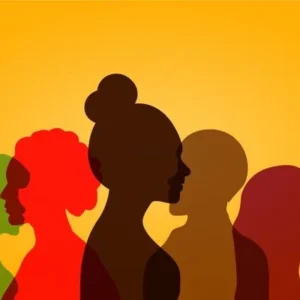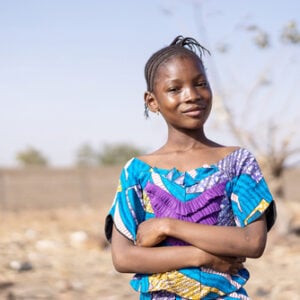Kazakhstan’s 2024 domestic violence reforms mark a significant shift in addressing intimate partner violence, resulting from years of advocacy by UN Women, civil society organizations, and the public. Survivors now have better access to emergency services, legal aid, and psychosocial support, following a strong legal framework designed to prioritize their protection.
Previously, Kazakhstan’s legal system treated domestic violence as a minor administrative issue. The 2017 decriminalization of such acts left survivors without adequate legal recourse, often forcing them to collect evidence on their own. Authorities frequently dismissed cases as personal matters, discouraging survivors from reporting abuse.
Persistent advocacy efforts, especially from women’s rights defenders and shelter workers, exposed the gaps in survivor protection and highlighted the generational trauma inflicted on families, particularly children. Their long-standing work laid the foundation for national reforms.
Public outrage following the 2023 femicide of Saltanat Nukenova galvanized demand for change. Widespread protests and pressure led to collaborative efforts between the government and civil society to address legal shortcomings and restore protections for women and children.
In April 2024, Kazakhstan passed a landmark law reinstating criminal penalties for domestic violence. It introduced specialized multidisciplinary teams to respond to cases and strengthened police powers to act without needing a survivor’s formal statement, allowing evidence from third parties to be considered.
Law enforcement practices have significantly evolved. Police units now focus on supporting survivors in addition to prosecuting offenders. More women officers are being hired, improving community trust and increasing reporting rates.
Despite these reforms, barriers such as entrenched social norms, economic dependence, and judicial leniency still impede progress. Experts emphasize the need for continued efforts to overcome societal resistance and ensure full implementation of the laws.
UN Women has played a key role in driving reforms, providing technical expertise, facilitating regional collaboration, and launching public education initiatives. These include awareness campaigns, documentaries, and platforms to promote survivor voices and best practices across Central Asia.
UN Women also supports frontline workers, including police officers, who face emotional and psychological strain in their roles. Initiatives such as art therapy sessions reflect efforts to sustain the well-being of those enforcing reforms.
Progress is visible. In early 2025, Astana recorded a 27% drop in repeat offenses, reflecting the potential of well-enforced legal protections. New laws addressing stalking and forced marriage further strengthen Kazakhstan’s alignment with international human rights standards.
UN Women emphasizes that this is a critical moment to act. It calls on the global community to support ongoing reforms, invest in local leadership, and sustain momentum toward a future free of gender-based violence in Kazakhstan and beyond.







